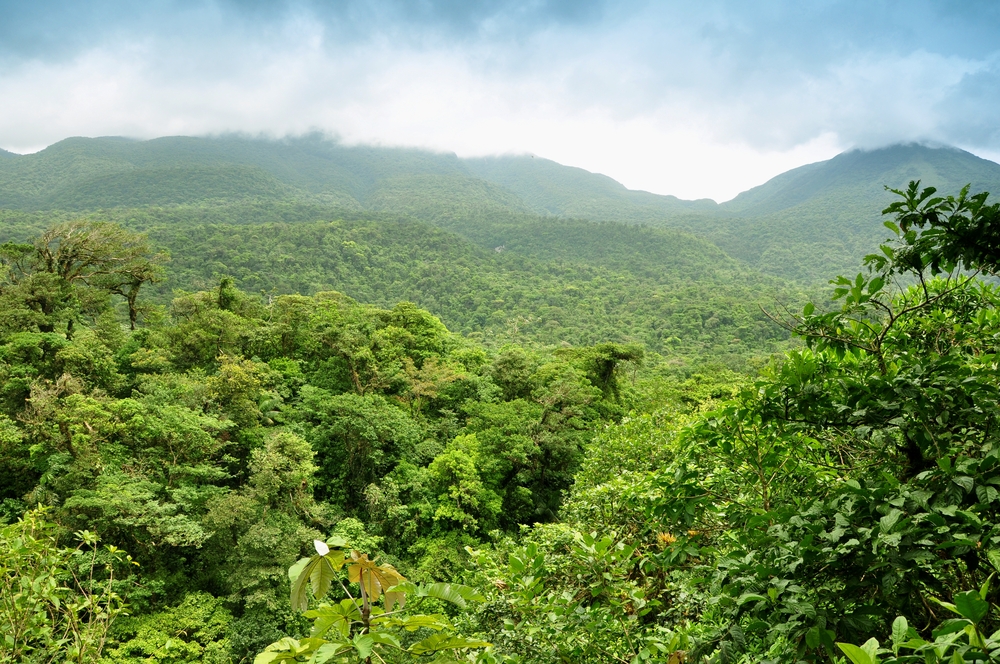Rodrigo Chaves, the new president of Costa Rica, was sworn in on May 8 and as one of his first moves he distanced himself from the country’s history of pioneering environmental sustainability, rejecting the ratification of the Escazú Climate Agreement on the grounds that it would threaten the post-Covid economic recovery.
The agreement, which was signed in 2018 and came into force last year, is considered a landmark green alliance between Latin American nations.
“The private sector must be reassured that the Escazú Agreement is not on the government’s agenda,” Mr. Chaves said shortly before taking office, adding that he does not think the treaty “will be beneficial to the country.” He believes that all the legal guarantees concerning human rights and transparency contained in the multilateral agreement are already covered under Costa Rican law.
Mr. Chaves also fears that one of the agreement’s legal mechanisms could “unjustifiably and arbitrarily” delay foreign investment projects, which he says would be a problem for a nation “in need of economic reactivation.”
The irony is that Costa Rica was a driving force behind the establishment of the ‘Regional Agreement on Access to Information, Public Participation and Justice in Environmental Matters in Latin America and the Caribbean’, as the treaty is formally known. The agreement was signed in the Costa Rican city of Escazú, cementing the environmental leadership of a country which, in 2020, powered...


 Search
Search






































